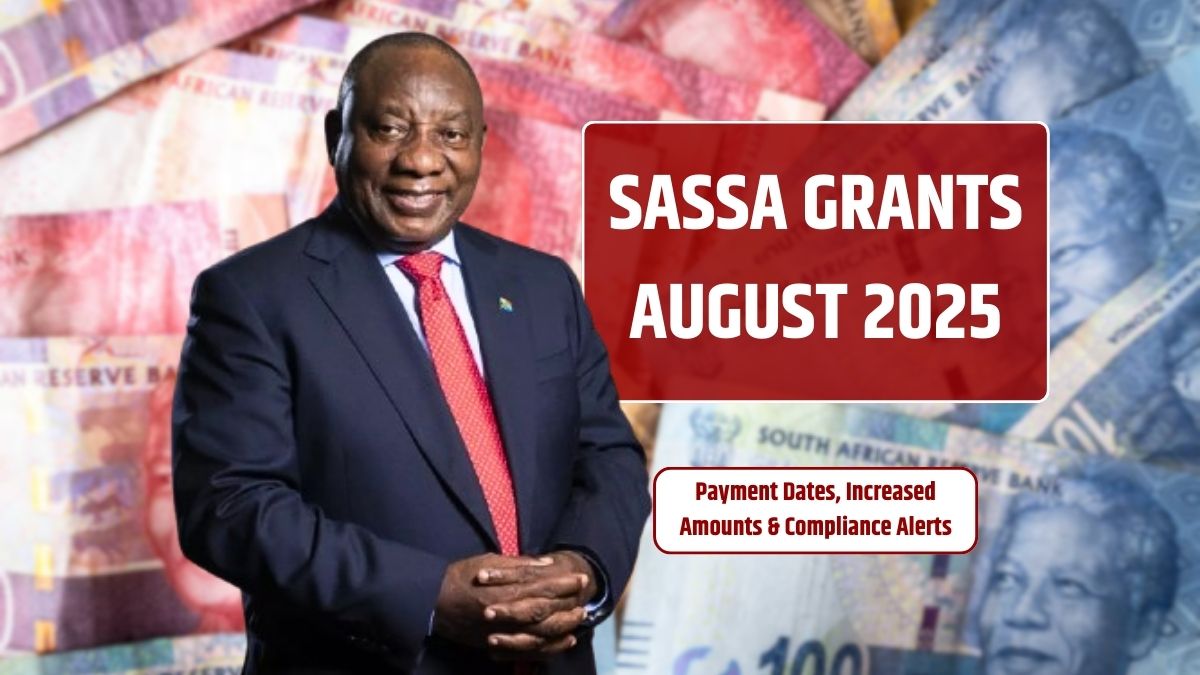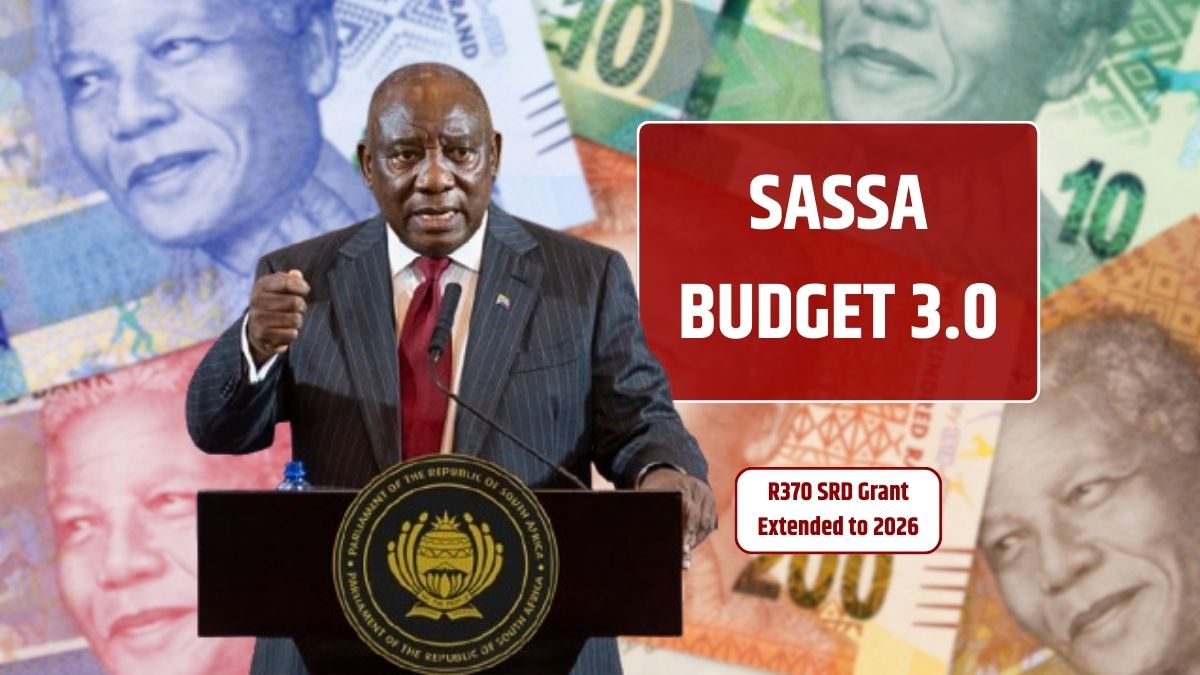Ramesh had barely unpacked his bags. New to the U.S., English still a work-in-progress, and the stress of immigration interviews weighing heavy—when he got a message.
“Hello Sir, we are from USCIS. There is an issue with your visa. Please contact immediately.”
The profile photo showed an official-looking seal. The message? On WhatsApp.
Another version might’ve come through Telegram, with a threatening tone and a request for payment in gift cards, Bitcoin, or worse—sensitive documents.
He panicked. Like thousands of others.
How These Scams Work (And Why They’re So Effective)
Immigrants, especially recent arrivals, make prime targets for scammers. Why? They’re navigating a confusing maze of bureaucracy, often in a second language, with a lot on the line: visas, green cards, family, freedom.
These scams exploit that vulnerability. And they’re getting nastier by the day.
Here’s a breakdown of how these scams usually go:
| Step | What Happens |
|---|---|
| 1. Initial Message | A WhatsApp or Telegram message claims to be from a government agency (USCIS, ICE, IRS, etc.) |
| 2. Scare Tactics | The message threatens deportation, legal trouble, or visa cancellation. |
| 3. Urgency | Victim is told to act immediately—no time to think. |
| 4. Payment Demand | Often in cryptocurrency, wire transfer, or gift cards. |
| 5. Information Theft | Scammer asks for passport numbers, I-94, SSNs, or banking info. |
Common Themes
- “There’s a warrant for your arrest unless you pay…”
- “Your visa will be canceled due to irregularities.”
- “We’ve detected a criminal case in your home country.”
And here’s the kicker—they often have your name, passport details, or even your location.
Why? Because data breaches and online leaks are real. And scammers use them like ammo.
What Makes WhatsApp & Telegram So Dangerous?
Unlike emails or calls, these platforms offer:
- Anonymity for scammers
- End-to-end encryption
- Fake profiles and numbers
- Instant global reach
Telegram in particular has become a hotbed for fraud networks. Scammer groups trade scripts, sell fake documents, and even run customer service for their “victims.” It’s bizarre and terrifying.
Who’s Being Targeted?
Let’s get specific.
- H-1B workers – especially those from India, China, and Latin America.
- International students (F-1) – often away from home for the first time.
- Refugees & asylum seekers – with even more at stake.
- Green card applicants – fearing denial at the final hurdle.
Many of them receive these messages in their native language, adding credibility.
Red Flags You Can’t Afford to Miss
Here’s what should set off alarm bells immediately:
| Red Flag | What It Means |
|---|---|
| Message from unknown WhatsApp/Telegram number | USCIS doesn’t use these apps to contact you |
| Urgent threats about immigration status | Classic scare tactic |
| Requests for payment via gift cards or crypto | Instant sign of a scam |
| Poor grammar or awkward language | Often a giveaway |
| Refusal to provide a callback number or email | No way to verify |
And just to be clear—the U.S. government does not demand payment over messaging apps. Ever. USCIS doesn’t contact you via WhatsApp, period.
Real Stories, Real Damage
One software engineer in Texas lost $7,500 in Bitcoin after being told his SSN was being used in a money laundering scheme.
A student from Kerala almost dropped out of school after scammers tricked him into sending his visa info, fearing deportation.
A refugee in New York received daily threats in Dari and ended up hospitalized from stress.
These aren’t “tech-challenged” people. They’re smart, educated, and still fell for it. That’s how convincing these scams have become.
What To Do If You’re Targeted
Okay—let’s say you or someone you know gets one of these messages. Here’s what to do:
- Don’t reply. Don’t engage, don’t ask questions. Just block and report.
- Take screenshots. Save everything. It may help law enforcement later.
- Report it.
- Tell your community. Spread the word in your WhatsApp groups, Facebook pages, student forums, etc.
- Enable privacy settings. Lock down your profile on Telegram and WhatsApp. Don’t share your number publicly.
- Freeze your credit if sensitive info was shared.
Better Safe Than Sorry
Look, immigration is already stressful enough without this extra mess. But knowledge is your best shield.
If something smells off, it probably is.
Ask yourself:
- Would the government really contact me on WhatsApp?
- Why would they demand payment this way?
- Did I get any official mail?
Take a breath. Verify through trusted sources. And never pay or share info over messaging apps—no matter how official it looks.
FAQs
Can USCIS contact me through messaging apps?
No. They send physical mail or official emails via .gov addresses. Never through WhatsApp or Telegram.
What should I do if I already paid a scammer?
Contact your bank or crypto exchange immediately. Report the scam to the FTC and USCIS. It’s unlikely you’ll get the money back, but documentation helps.
Are these scams targeting only Indians or South Asians?
No. While Indian immigrants are a common target, scammers hit Chinese, Latin American, African, and Middle Eastern communities too—often in their native languages.























